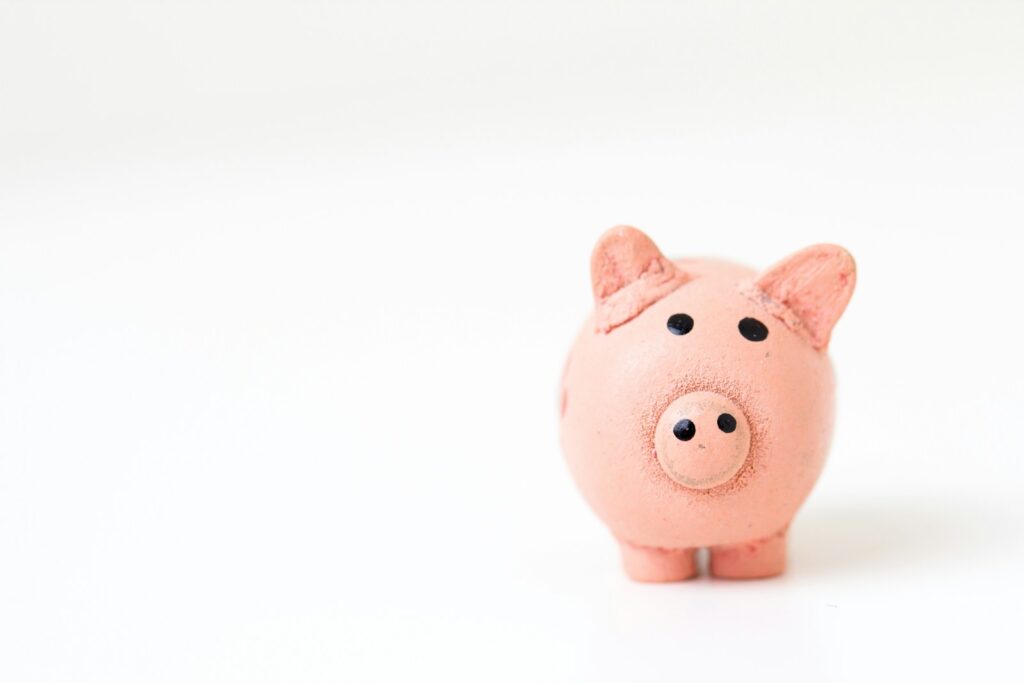
Traveling to a new country is an adventure filled with new sights, sounds, and experiences. However, managing your money in a foreign land can be a bit tricky, especially when it comes to getting the best cash money exchange rate. Here are some practical tips to help you navigate currency exchange and keep your finances in order while you explore the world.
Know the Current Exchange Rate
Before you travel, take some time to look up the current exchange rate for the country you’re visiting. This will give you a baseline understanding of what your money is worth abroad. Keep in mind that exchange rates fluctuate, so what you see one day might change the next.
It’s also helpful to have a currency conversion app on your phone. This way, you can quickly check how much something costs in your home currency to avoid overspending.
Western Union says, “Convert popular currencies at good exchange rates with their currency converter calculator.”
Avoid Airport and Hotel Exchanges
While it might seem convenient to exchange your money at the airport or your hotel, these places often have the worst exchange rates and highest fees. They know travelers might feel they have no other choice, so they take advantage by charging more.
Instead, plan ahead and exchange some money before you leave home or withdraw local currency from an ATM once you arrive at your destination. Just be sure to let your bank know you’ll be traveling to avoid any issues with your card.
Use Local ATMs Wisely
ATMs are a great way to get local currency at a more favorable exchange rate. However, be cautious of fees. Your bank and the ATM’s bank might both charge you for the transaction. To minimize costs, try to limit the number of withdrawals you make by taking out larger amounts less frequently.
Also, be aware of your surroundings when using an ATM. Choose machines in secure, well-lit areas to reduce the risk of theft.
Beware of Dynamic Currency Conversion
When making purchases or withdrawing money, you might be asked if you want to be charged in your home currency. This is called dynamic currency conversion, and while it might seem helpful to know the cost in familiar terms, it usually comes with a high conversion fee.
Always choose to be charged in the local currency. Your bank’s exchange rate is likely better than what the merchant offers.
Carry Some Cash, But Not Too Much
Having some local cash on hand is essential for small purchases where credit cards might not be accepted, like at street markets or local cafes. However, carrying a lot of cash can make you a target for theft.
Only carry as much cash as you might need for a day or two and keep it in a secure place, like a money belt. Use your credit card for larger purchases to have a record of your spending and an additional layer of fraud protection. Navigating currency exchange while traveling doesn’t have to be a headache. By planning ahead, avoiding poor exchange rates at airports and hotels, using ATMs wisely, saying no to dynamic currency conversion, and managing your cash carefully, you can make the most of your money abroad. These tips will help you avoid unnecessary fees and keep your finances secure, letting you focus on the incredible experiences your travels bring. Remember, a little preparation goes a long way in making your trip smooth and enjoyable.













